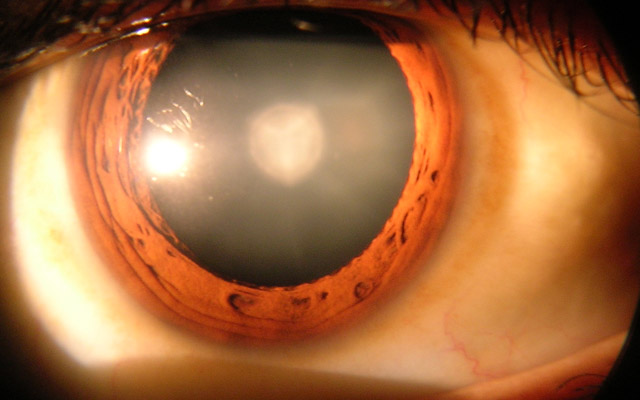
SDMA (Symmetric Dimethylarginine) ELISA is for Research Use Only.
SDMA (Symmetric Dimethylarginine) ELISA is one of the unique assays in the this Oxidative Stress Assay Kit Line that offers a variety of advantages over competing kits such as excellent specificity, sensitivity, and excellent correlation to LC-MS/MS.
EagleBio’s SDMA (Symmetric Dimethylarginine) ELISA NOW has some new enhancements to offer more benefits and further assist our customers in their kidney function research.
Assay Updates:
- Results in 3 hours rather than overnight
- Human, Canine, and Feline SDMA can be measured
- Small Sample size required – just 20 µl
- Strong Correlation with LC/MS
The new SDMA Fast ELISA is now very fast and precise. This test delivers for the first time precise results in less than 3 hours! Check out the product page for more details Here.
Related Products:
Oxidative Stress Assay Kits
Cardiovascular Assay Kits
ADMA ELISA Assay KitADMA (Asymmetric Dimethylarginine) / Arginine ELISA Assay KItADMA Ultrasensitive ELISA Assay KitHomoarginine ELISA Assay Kit Cardiovascular Assay Kits
Related News:
Product Highlights: SDMA (Symmetric Dimethylarginine) ELISA
September 2015: Eagle Biosciences Introduces New Fast ADMA ELISA Assay
EagleBio Biomarker Spotlight: ADMA
New Listing of ADMA Assay Publications
August 4, 2011: Eagle Biosciences Introduces ADMA ELISA Product Line











